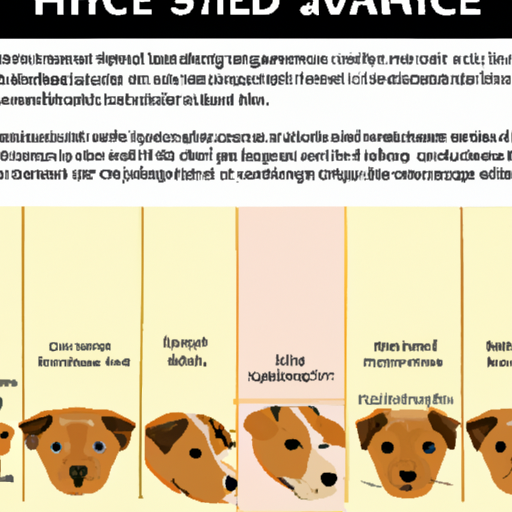What Are Dog Hives?
Dog hives, also known as Urticaria, are an allergic reaction that appears on your dog’s skin. It’s characterized by small, round, swollen areas that appear suddenly. These areas, or welts, are typically itchy and can appear anywhere on the body. They often appear in clusters and might be warm to the touch.
What Causes Hives in Dogs?
Hives in dogs can be caused by a variety of factors. Here are some common triggers:
- Insect bites or stings
- Certain types of food
- Medications
- Vaccinations
- Exposure to certain plants
- Chemicals or toxins
It’s essential to identify the cause of the hives in order to avoid future outbreaks.
How Long Do Dog Hives Last?
Generally, hives on dogs can last anywhere from 24 to 48 hours. However, this can vary depending on the severity of the reaction and the dog’s overall health. If your dog’s hives do not improve within 48 hours, or if they seem to be getting worse, it’s essential to consult with a veterinarian immediately.
Here is a general timeline for hives in dogs:
| Duration | Description |
|---|---|
| 0-1 Hour | Hives appear on the dog’s body |
| 24-48 Hours | Hives should start to fade if the allergen is no longer present |
| Beyond 48 Hours | If hives persist, consult with a veterinarian |
Treatment for Dog Hives
While waiting for the hives to disappear, there are some things you can do to make your dog more comfortable:
- Apply a cold compress to the affected areas
- Give your dog a soothing oatmeal bath
- Consult with a vet for antihistamines or steroids
Frequently Asked Questions
Q: Can I use human antihistamines for my dog’s hives?
A: While some human antihistamines can be used for dogs, it’s best to consult with a veterinarian for the correct dosage.
Q: Is there a way to prevent hives in dogs?
A: Yes, by identifying and avoiding the allergen causing the hives.
Q: Are some dog breeds more prone to hives?
A: All dog breeds can get hives, but some may be more susceptible due to their coat type or immune system.
Remember, when it comes to your furry friend’s health, always seek professional advice. Hives might be a symptom of a more severe allergic reaction, so it’s crucial to monitor your dog closely and consult with a vet if necessary.



